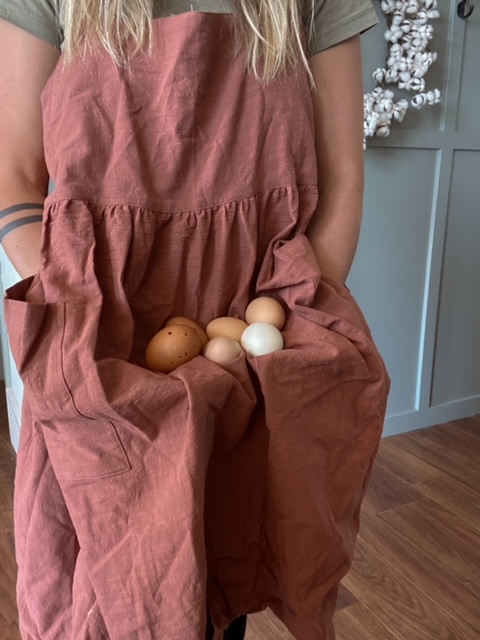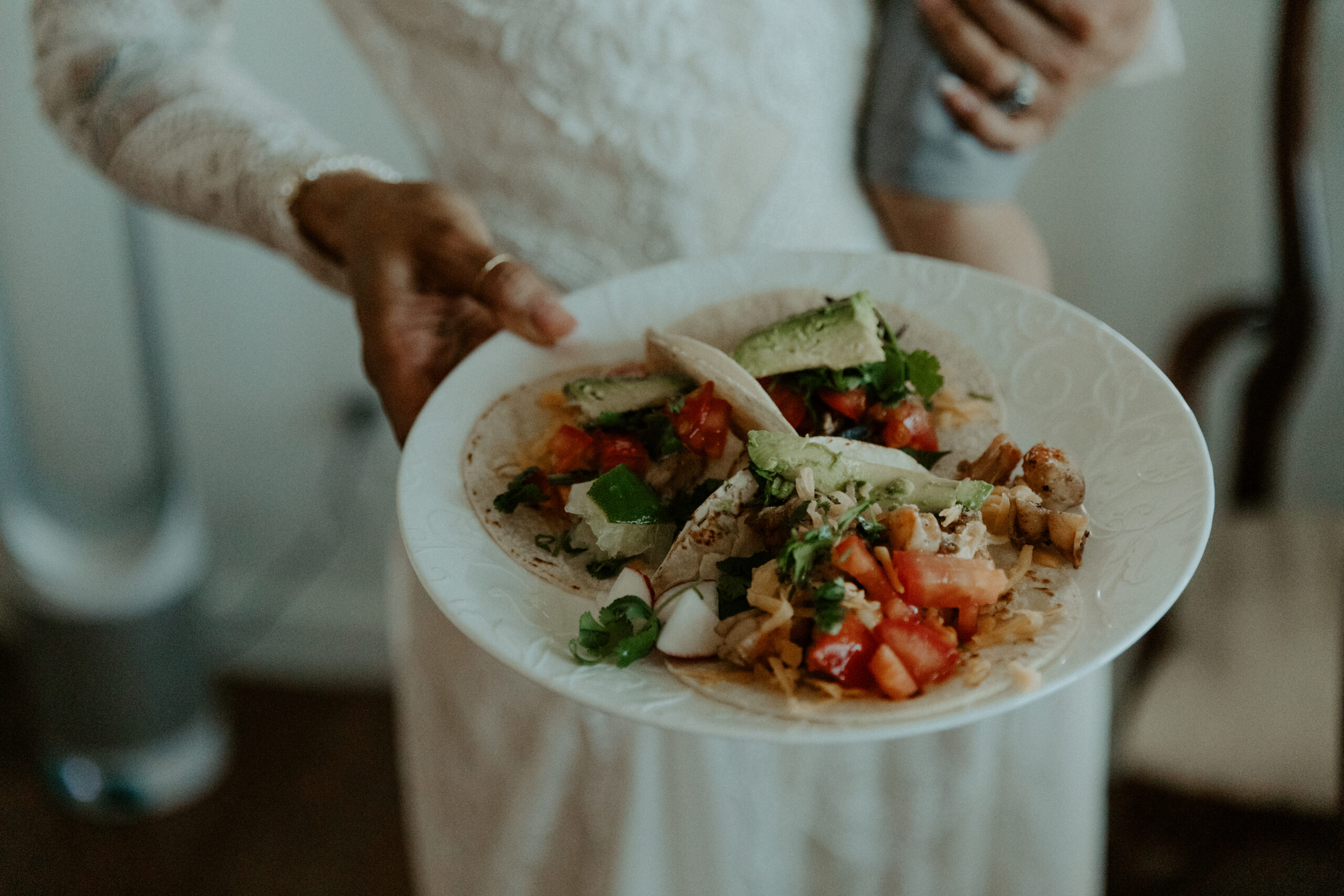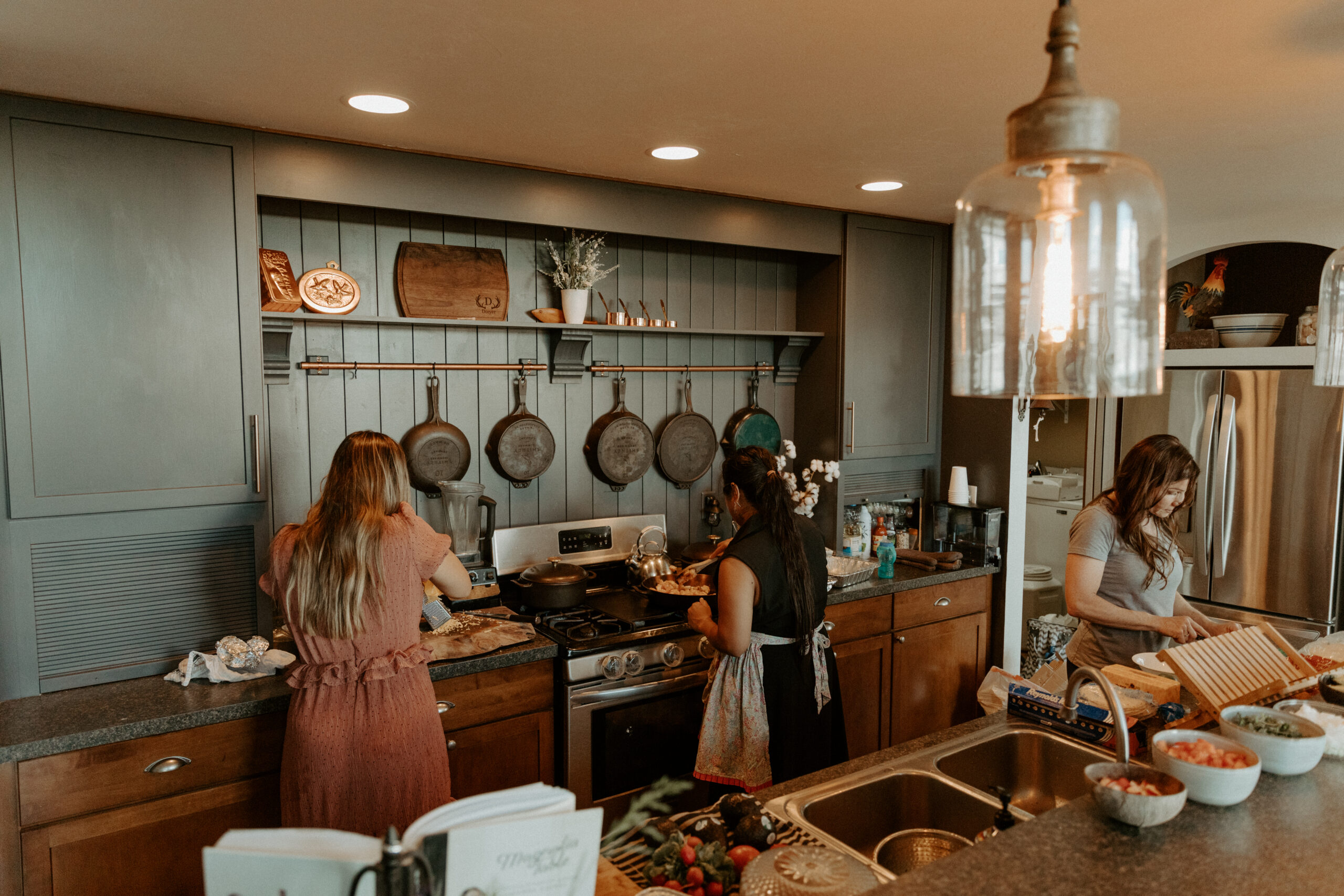Everything I learned about chickens I learned from chicken keepers that set the highest standard. These keepers have raised chickens for 20 plus years and have never had a sick chicken. Before we got chickens on the homestead I knew I wanted the best life for my animals. I did not want them to suffer in any way nor did I want to pay the price for constantly sick and dying animals. My method to keeping a healthy flock is the same I use for my own family. Preventative health is key!
Chickens are fragile animals that are sensitive to infection and disease. Like us, they have an immune system that if supported and strong, will keep them healthy. On the contrary, if you feed them low quality food, never check them for physical injuries, rarely interact with them and don’t keep them in clean conditions you will be dealing with diseases, illness, or even death. The Bio Security of your coop and run should be taken very seriously and revisited often to ensure the safety of your backyard flock.
Your Shoes
They must be separate and independent from everything else. Many diseases can make their way onto the sole of your shoes! Everyone should have a pair of boots that should stay at your farm or homestead and be separate from your daily shoes you wear outside your property. Anyone visiting i.e. kids, vets, guests etc. should have clean shoes if they will be walking anywhere your flock is or will be ranging. At a minimum, you can use a boot dip which is a great way to make sure the bottom of shoes are clean.
BOOT DIP: Set up a boot dip using a shallow Rubbermaid and Virkon tablets. Take 1 tablet in 1 inch of water and replace daily.
Feeders and Waterers
Your feeders and waters must be out of reach of small mammals, rodents, and birds. Best practice is to provide your flock with fresh water every single day. If an animal has been drinking from your chickens water at night, rodents like rats spread disease like crazy. You can put up deterrents, netting, or traps to prevent diseased critters from entering your flocks habitat.
A disease like the Avian flu, which is spread by wild birds interacting with your flock, usually results in you having to cull your entire flock if one of your birds is infected. Look at your set up and see where you can provide extra security from outside critters.
In addition, if you are bringing in a new flock for any reason, make sure the coop is properly sanitized before you bring in the new birds. Here on the homestead we raise our own meat birds and they are kept completely separate from our main flock on the other side of our property.
Immunity Support
A healthy bird is a strong bird and a strong bird can overcome disease. You want to be proactive in having your flock free of viral load inside their bodies. This looks like frequent natural deworming using supplements, herbs, and vitamins. Our birds here on the homestead free range in the spring, summer, and fall months. The risk to having your flock free range is that you leave exposure to potential pathogens. There are also external parasites that your flock can pick up such as mites or lice, which significantly reduce their immune system.
Providing your flock with a dust bath allows them to bathe daily and rid of any external parasites. We give our flock a mixture of probiotics, vitamins and herbs to keep their immune system strong. We also put apple cider vinegar into their water daily as a preventative measure. Using powerful herbs such as oregano can naturally kill off any internal parasites trying to overtake your birds health.
Keep Learning
Partake in a local support group or find a mentor online to keep learning. You can always improve on your animal keeping skills. One thing I learned was to never throw kitchen scraps on the ground in front of your chickens due to the potential of them picking up harmful worms that live inside the dirt.
Giving them food inside a clean bowl is best practice. Also, knowing what type of feed is best for your chickens and the quality of feed is crucial. For example, if your chickens are molting, you need to feed them a higher protein feed of at least 18% to support their bodies through the molt. In the winter months, protein isn’t as important as carbohydrates to keep their bodies warm. A balance for your birds is an important piece of knowledge to master.
All of these things are very simple and don’t require much more of your time. Keep your flock as closed off as you can from the outside world, and provide your birds with the best quality food, environment, and care that you can. Chickens are beautiful and magnificent birds. They can be trained, can show affection, and are quite entertaining. They can provide eggs and protein to your family and having them in this day and age is a great gift. Even if you live in a suburban neighborhood, some communities allow up to four hens which provides your family with about two dozen eggs a week!
For our family, it’s important to teach our children that chickens, like all our animals, should be respected and deserve to live a good life. They are not to be thrown in the backyard, given the bare minimum to survive and to be forgotten about. They provide food and nourishment for our family and we give them proper nourishment in return. It’s a relationship that is important and your role as their keeper is important.




